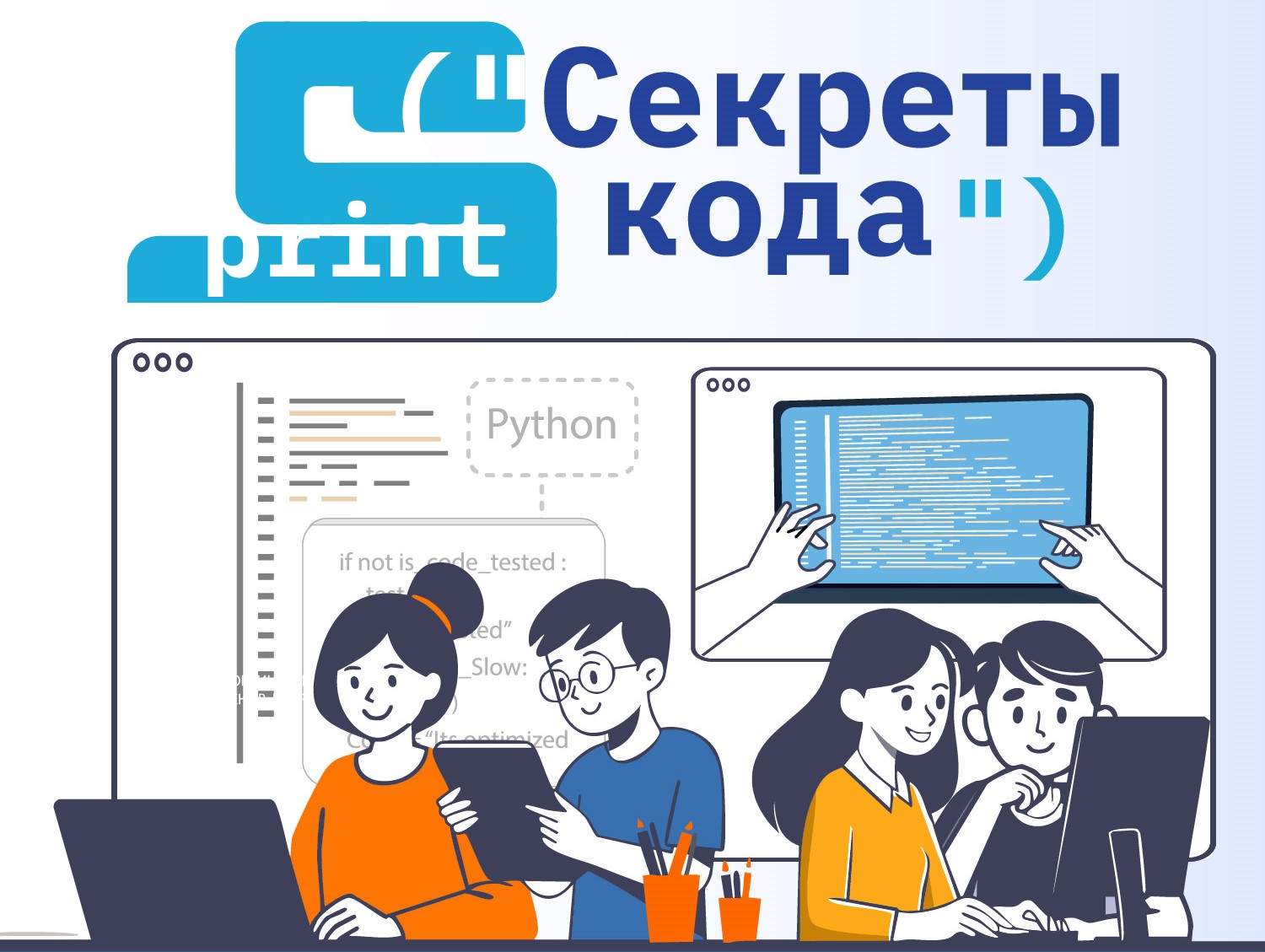
Coordination Center for TLD .RU/.РФ and the Innovative Education and Development Academy carried out a one-of-a-kind educational project. Titled Code Secrets, it aims to help teachers and their students in orphanages, rural and small ungraded schools to learn the basic principles of coding and make their first steps in the world of digital technology.
The training consisted of the following elements:
- Python coding sessions for teachers and students
- Lectures on digital literacy, internet architecture and the way the domain sector operates, as well as career guidance workshops
- Public online meetings with prominent IT specialists who gave students an insight into the most promising digital professions – a playlist of these lectures is available on the Study the Internet – Govern It! project community’s VK account
- Project work for an even better understanding of the material
- Preparing methodological guidelines for teachers and teaching aids for students.
The project ended with a coding contest titled Bip-Bop – Time Travel. It challenged school students to carry out several assignments as part of a single storyline in which Bip-Bop the robot had to travel from one era to another for performing various tasks related to the specific historical and technological environment of that time. For example, the robot had to build a pyramid, decipher Leonardo da Vinci’s code, travel on a steam train, understand the way power generation works in 3025, use an ancient clock to get his time, and go through a 4D labyrinth.
“Participants had to perform six assignments of varying degrees of complexity covering a wide range of topics, including arithmetical sequences, Fibonacci numbers, working with lines, logical conditions, and finding a way out of a labyrinth. To succeed, students had to adopt an algorithmic mindset and master basic coding skills, while integrating all these tasks within a single storyline made the contest even more interesting and captivating for them,” Head of the Code Secrets project, Ilona Yuryeva, said. “The contest followed a traditional approach adopted by many coding competitions by opting for self-evaluation,” she went on to say.
Within just a few months, the Code Secrets project reached 23 educational institutions in 11 regions of Russia and embraced about 250 participants, including school students and their teachers. Two software development teachers took part in the project with the support of seven counselors, who were recruited among IT teachers and students studying IT at their universities, alongside 25 volunteers from school classes specializing in IT and mathematics who tested the material and assignments. There were also 10 IT industry professionals who joined the project by holding career guidance sessions for its participants.
Teachers who completed the course received skill-enhancement certificates, while school students got certificates proving that they took part in the project. Those of the teachers and young people who excelled during the project received diplomas recognizing their projects or high competition scores.
“Running the project during its pilot year is never easy. You always have to come up with solutions on the go, test new formats and engage in all kinds of experiments. However, we succeeded in this undertaking, largely thanks to our teachers, counsellors, and volunteers who demonstrated their dedication to the project. I would like to extend my special gratitude to the teachers and school students since they were the ones who made Code Secrets a success,” Ilona Yuryeva said.
Indeed, building on this positive track record, the project is set to continue during the next school year. The second enrollment campaign for the Code Secrets project is scheduled to begin in October 2025, but candidates can already submit their applications to the Coordination Center for TLD .RU/.РФ Academy at academia@cctld.ru. The email must include the name of the educational institution, its home region, name of the teacher or mentor, the number and age of students who intend to take part in the project.
The project is carried out with support from the Smart Internet Foundation and Study the Internet – Govern It! digital literacy project.



